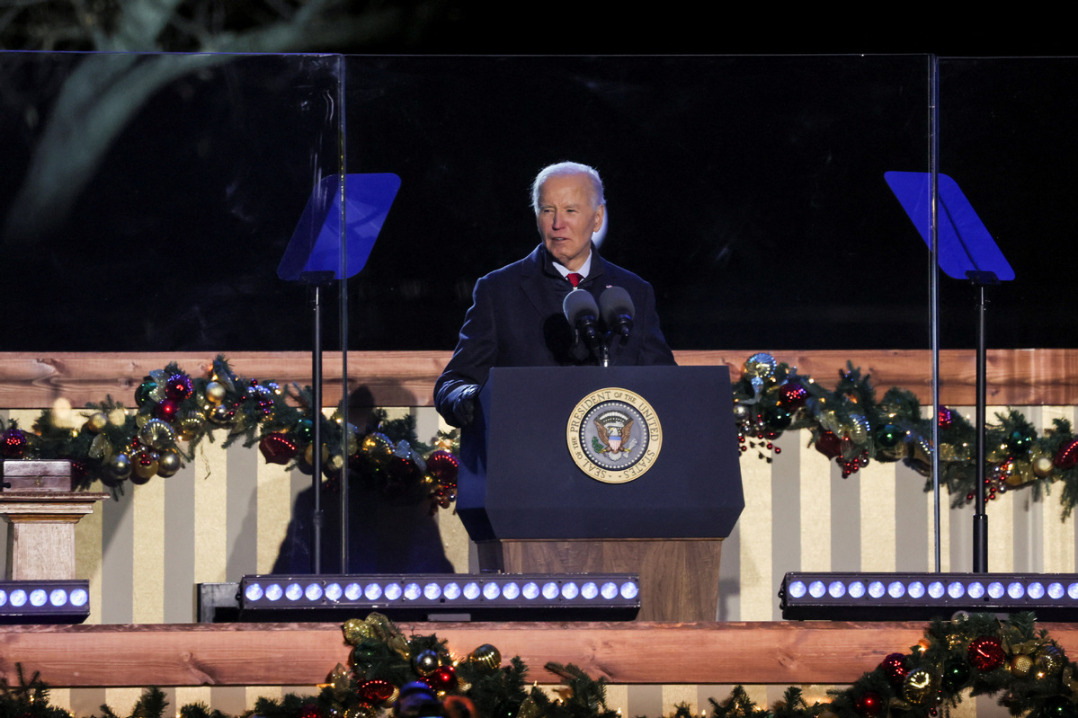Growing appeal of BRICS heralds formation of a community for common development: China Daily editorial


South African President Cyril Ramaphosa told the media on Sunday that Saudi Arabia is considering joining BRICS, the grouping of the five emerging economies Brazil, Russia, India, China and South Africa.
Returning from a state visit to Saudi Arabia, the South African leader said Crown Prince Mohammed bin Salman had expressed the kingdom's desire to join BRICS. Its application will be considered at next year's BRICS summit, he added.
And it is not just Saudi Arabia that wants to join the group. Several countries are in contact with BRICS to become members.
These include Turkey, Egypt and Argentina, whose president, Alberto Fernandez, sent a formal application for membership in early September to China, which holds the rotating BRICS presidency this year.
"We have given them the same answer: that it will be discussed by the BRICS partners and thereafter a decision will be made," Ramaphosa said.
BRICS currently accounts for more than 40 percent of the world's population, and over 20 percent of its GDP. From its inception, the group has been economy-driven, development-oriented, and emphasized mutual respect and win-win cooperation. With time, its capacity for providing practical development assistance has grown significantly. So it is no surprise that more countries are interested in joining the group.
Its appeal as a cooperation platform for development-minded nations is reinforced by its anticipated role as an alternative to the West-dominated development mechanism.
Argentine Ambassador to China Sabino Vaca Narvaja said: "For us, the group is an excellent alternative for cooperation in the face of a world order that has proven to be created by and for the benefit of a few."
In June, at the 14th summit of the BRICS leaders, the topics for discussion included the creation of a new development bank, a contingency reserve arrangement, an inter-state payment regime, and a BRICS basket reserve currency.
Now, as more countries see the group's potential and are expressing an interest in joining it, BRICS itself must focus more on capacity-building so it can deliver what is expected of it.
At the summit, China proposed the BRICS members comprehensively deepen cooperation in economy and trade, finance, innovation, digital economy, green development, and poverty reduction and alleviation.
China has vowed to take a series of concrete actions under the framework of the Global Development Initiative as deliverables in this regard, including upgrading China's South-South Cooperation Assistance Fund to the Global Development and South-South Cooperation Fund, with an additional input of $1 billion.
While some are viewing the anticipated expansion through the prism of geopolitical rivalry, it is the logical outcome of countries coming together for pragmatic mutual assistance, as every country knows where its own national interests lie, and with whose they are aligned.


































